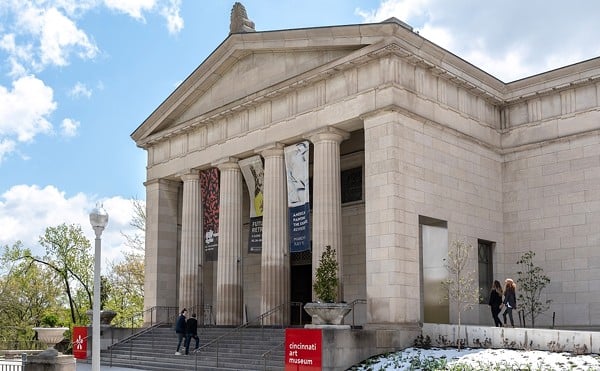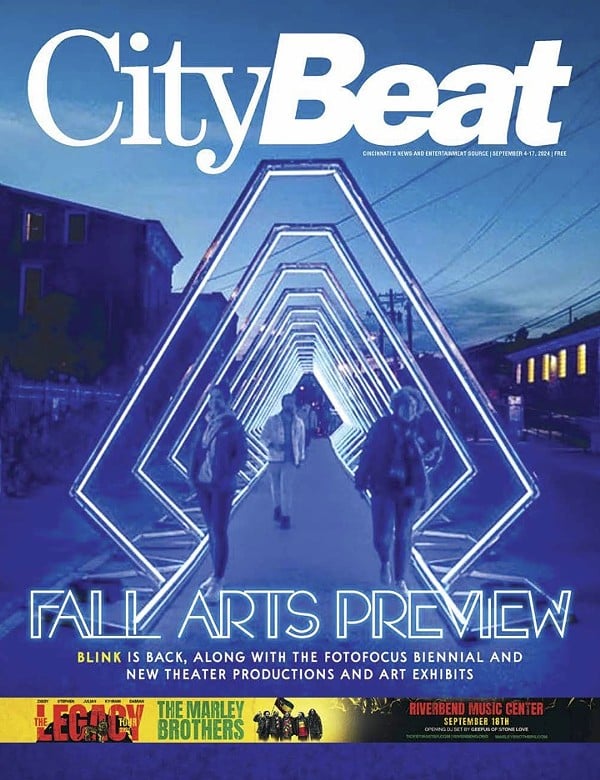Artificial intelligence is reshaping how students approach their studies. Tools like ChatGPT are becoming increasingly popular as a way to tackle assignments. While these tools offer convenience, they also pose serious risks. Plagiarism, compromised academic integrity, and severe disciplinary action are real concerns. Schools are working hard to find a balance between embracing ChatGPT in education and upholding the principles of honest learning.
To counter this, services like EssayPro offer a different approach. They provide verified human experts to help students with their schoolwork. By focusing on human-written papers and meeting deadlines, students who choose EssayPro can maintain their academic integrity when getting the assistance they need.
This article will examine interesting cases and answer pressing questions such as “Why is AI bad for education?” and “How does AI affect education negatively?”
A Nursing Student's Battle with AI Misuse
So, why is ChatGPT bad for education? To illustrate, we have a real-life case of Mia, a nursing student with big aspirations who found herself in a tough spot. Faced with a demanding assignment, she turned to ChatGPT to help her create an outline for her essay. It seemed like a quick fix, but the consequences were far-reaching.
Relying on AI to craft her essay outline proved to be a costly mistake. Mia's teacher got suspicious of the outline because it sounded different from Mia's usual writing style. When her teacher ran AI checks, it became clear that Mia's work bore the unmistakable fingerprints of artificially generated text. ChatGPT, while impressive in its ability to generate succinct responses to complex questions, had undermined Mia's academic integrity. Not only did she face academic penalties, but the incident also cast a long shadow over her future.
Because of the incident, Mia lost her scholarship for the next year. This was a huge setback for her because she needed the scholarship to pay for her nursing school’s tuition. Losing the scholarship also made Mia feel embarrassed and ashamed.
This is a cautionary tale for students everywhere. While the idea of ChatGPT and education might sound convenient, it can also be treacherous.
EssayPro Stand for Academic Honesty
When the news broke about Mia losing her scholarship due to the AI incident, it sent shockwaves through the academic community. The public outcry was swift and intense. Many felt a deep sense of injustice for a young woman who had made a mistake, albeit a serious one. This incident highlighted one of the negative effects of AI in education, where reliance on automated systems can lead to severe consequences for students. It was in this climate of heightened scrutiny that EssayPro made a decision that would reverberate far beyond the immediate situation.
The company made a bold decision: they would give Mia $15,000 to supplement the scholarship she lost, and use the situation to answer the question of, “How does AI affect education negatively?” This announcement was more than just a financial gesture. It was a bold statement of corporate responsibility. By stepping up to support a student in distress, EssayPro positioned itself as a company that cares about people as much as profits. This move was a calculated risk, as it opened the door to criticism and scrutiny. However, it was also a courageous act that garnered widespread public admiration.
Imagine the weight of the world lifted from Mia's shoulders when she heard the news. The fear of financial ruin, the uncertainty about her future, and the public humiliation had taken their toll. EssayPro's support was a lifeline that allowed her to regain her footing and look to the future with renewed hope. Mia's story became a symbol of how companies can make a real difference in people's lives. It showed that success isn't just about making money but about doing the right thing.
Facing AI Risks in School
AI tools like ChatGPT are amazing. They can help us learn in new ways. But just like any powerful tool, they can be misused.
One big problem is that we might become too dependent on AI. Because while it might seem helpful, it can actually hinder our ability to think critically and solve problems on our own. Learning is about figuring things out, not just getting answers. This highlights why AI is bad for education, as it can create an overreliance on technology rather than fostering independent thinking.
AI has also made cheating easier than ever before. Tools like ChatGPT can write essays and do homework, making it tempting for students to take shortcuts. This isn't fair to students who work hard. It also lowers the value of education when we can easily find answers online instead of learning from the process.
These are some of the negative effects of AI in education, which undermine the integrity of academic achievements. It can also affect our future job prospects. Companies want employees who can think creatively and solve problems, not just people who can find information online. Plus, if everyone cheats, it makes it harder for teachers to know if students are really learning. This can weaken our education system as a whole and have wide-reaching impacts on society.
Why Students Are Unhappy with ChatGPT
Interestingly enough, EssayService has uncovered a troubling trend: students are increasingly dissatisfied with their experiences using AI tools like ChatGPT for academic work. Direct feedback from students reveals a pattern of frustration and disappointment regarding the disadvantages of AI in education.
The illusion of easy academic success offered by AI has proven to be deceptive. Students who have relied on AI-generated content have encountered significant academic challenges. From poor quality output to difficulties in adapting AI-produced materials to specific assignment requirements, the reality has fallen short of the promise. This mismatch between expectation and outcome has led to stress, academic setbacks, and a loss of confidence.
These experiences highlight a critical flaw in the AI-as-an-academic-solution narrative. While AI is a powerful tool, it is not a substitute for human understanding, critical thinking, and the ability to communicate effectively. Despite the advantages of AI in education, the complexities of academic work often require a depth of knowledge and nuance that AI struggles to replicate. As a result, students are turning back to human experts for reliable and effective academic support.
This shift in student preference underscores the enduring value of human expertise. While AI may continue to evolve, the need for human guidance and support in the academic process remains essential.
EssayPro: 10 Years of Supporting Student Success
EssayPro has established a solid reputation as a go-to resource for students navigating the academic gauntlet. With over a decade in the business, the company has positioned itself as more than just a writing service; it's become a trusted ally for students at every level.
Thousands of students have turned to EssayPro for help, and the company boasts a loyal customer base. This speaks volumes about the quality of service they provide. EssayPro seems to have mastered the art of balancing speed and quality, a challenge many similar services struggle with.
The problems with ChatGPT in education, such as generating low-quality output and fostering dependency, contrast sharply with the high standards EssayPro upholds.
Additionally, as opposed to the dangers of ChatGPT in education, such as facilitating academic dishonesty and undermining critical thinking skills, real-life testimonials and case studies offer tangible proof of EssayPro's impact on student success by showing how human expertise effectively addresses these issues.
Ultimately, the proof is in the pudding. The true measure of EssayPro's success lies in its students' outcomes rather than its brand or marketing.
The Solution
There's no doubt that the rise of AI tools and the disadvantages of ChatGPT in education have created a complex landscape for students. While they offer the allure of quick and easy answers, these tools often come with hidden costs.
So, why is AI bad for education? Well, relying too heavily on it can be a risky gamble. Students who cut corners by using AI-generated content might find themselves facing academic trouble. Cases like Mia's serve as a stark reminder of why AI should not be used in education.
On the other hand, services like EssayPro offer a different approach. By providing academic support with verified human experts, they aim to help students succeed honestly and effectively. With a focus on quality, originality, and reliability, EssayPro presents itself as a trustworthy alternative to AI.
The bottom line? While AI is here to stay, it's essential for students to use it wisely. Understanding the risks and seeking reliable support can help students successfully navigate this new era of education.






